 Weird Stuff
Weird Stuff  Weird Stuff
Weird Stuff  Mysteries
Mysteries 10 Tragic Disappearances and Deaths in Joshua Tree National Park
 History
History 10 Ways Childhood Really Sucked in the Old West
 Music
Music 10 Name Origins of Famous Bands from the 1990s
 Religion
Religion 10 Biggest Turnarounds by the Catholic Church
 Weird Stuff
Weird Stuff 10 Unbelievable Times Laws Had Unintended Consequences
 Humans
Humans Ten Historic Women Who Deserve Way More Credit Than They Got
 Movies and TV
Movies and TV 10 Films That Spawned Major Lawsuits
 History
History Ten Times Towns Were Wiped Off the Face of the Earth
 Creepy
Creepy 10 of the Most Disturbingly Haunted Public Houses in the UK
 Weird Stuff
Weird Stuff 10 Niche Subcultures That Are More Popular Than You Might Think
 Mysteries
Mysteries 10 Tragic Disappearances and Deaths in Joshua Tree National Park
 History
History 10 Ways Childhood Really Sucked in the Old West
Who's Behind Listverse?

Jamie Frater
Head Editor
Jamie founded Listverse due to an insatiable desire to share fascinating, obscure, and bizarre facts. He has been a guest speaker on numerous national radio and television stations and is a five time published author.
More About Us Music
Music 10 Name Origins of Famous Bands from the 1990s
 Religion
Religion 10 Biggest Turnarounds by the Catholic Church
 Weird Stuff
Weird Stuff 10 Unbelievable Times Laws Had Unintended Consequences
 Humans
Humans Ten Historic Women Who Deserve Way More Credit Than They Got
 Movies and TV
Movies and TV 10 Films That Spawned Major Lawsuits
 History
History Ten Times Towns Were Wiped Off the Face of the Earth
 Creepy
Creepy 10 of the Most Disturbingly Haunted Public Houses in the UK
Top 10 Serious Problems With Wikipedia
If you’ve ever been to college, or submitted a list to Listverse, you’ll be familiar with those three magic words: “Don’t reference Wikipedia”. Yet in spite of its reputation for unreliability, Wikipedia is the 5th biggest website on Earth, and a major source of information for people all over the world. But when something becomes as big as Wikipedia, any issues it has can suddenly affect millions, or even billions, of people. That is what makes the following problems so worrying.
Top 10 Disturbing Facts About Facebook
10 Blatant Bias

Let’s start with the most obvious flaw. The fact that Wikipedia is edited and maintained by the general public means that anyone’s personal biases can easily leak in. A 2012 study looked at over 28,000 Wiki articles on US politics, searching for key phrases used by either Democrats or Republicans. They found that, over time, articles tend to go from being left-leaning to more neutral, which sounds good. But this is a result of editors and contributors waging edit wars, not because they become fairer over time. In fact, a follow up study from 2016 found that editors are more likely to edit pages that present the opposing viewpoint to theirs, highlighting the fact that most people have an agenda of some sort.
In 2018, the same researchers compared 4,000 Wiki articles on US politics to Encyclopaedia Britannica. They found that 73% of articles on Wikipedia were biased, compared to just 34% of those in Encyclopedia Britannica.
Unfortunately, the bias doesn’t just apply on a personal level, but also on a macro scale. For example, 84% of editors are male, there are more articles written by Europeans than the rest of the world combined, just 16% of Sub-Saharan African topics are covered by people from Sub-Saharan Africa, and articles covering the same topic vary wildly depending on what language they are written in.[1]
9 Equal Weight to Unequal Voices
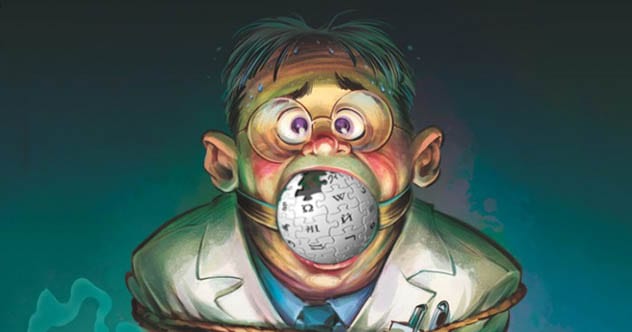
One of Wikipedia’s biggest advantages is that by allowing anyone to edit, it can attract some of the brightest minds on the planet without paying a penny. This is the fundamental principle that drives their success, as it enables them to provide detailed information on some of the most niche topics imaginable. But while this one-size-fits-all approach allowed them to grow from nothing, it did so at the expense of quality.
William Connolley is a software engineer who specialises in climate modelling. In addition to running a number of climatology websites, he was the Senior Scientific Officer in the Physical Sciences Division in the Antarctic Climate and the Earth System project until 2007. Despite all this, his edits are treated as the exact same as yours, mine, or anyone’s would be.
The Wikipedia entries on all things climate, including ClimateGate, have been written by the very same person, William Connolley, who was heavily involved with the main players (Mann, Jones, etc.).
It’s like having a trial where only the defense gets to present its case. pic.twitter.com/U5eTX7FvB6
— Kenneth Richard (@Kenneth72712993) December 21, 2019
As you may have guessed, Connolley eventually found himself on the front lines of an edit war over the page on Climate Change. He accused his rival of watering down science, and the rival accused him of silencing opposing views. Wikipedia sided with the other person, and limited Connolly to one edit per day. His case is frequently cited by those in the scientific community as an example of how problematic Wikipedia’s policies can be.[2]
8 Inconsistent Fact-checking

Whenever issues surrounding the accuracy of information on Wikipedia arise, the defence is usually that these problems are fixed over time, often quite quickly. Logically, you might assume this is particularly true for bigger pages, as more people reading it would increase the likelihood of an error being identified. This is not the case.
Lots of silly misinformation has been whipped back almost instantly, such as the page of Alan Mcilwraith, who wrote an elaborate entry about his decorated military past. But the page was composed entirely of lies, as Mcilwraith had never been in the army. While he was able to use his stolen valor to worm his way onto charity boards and steal identities by “recruiting” people, he somehow wasn’t able to fool Wikipedia.
Then you have the likes of Hillary Clinton, one of the most famous, divisive public figures in the world. Surely her page, which receives millions of views a day, would suffer from both positive and negative bias, but benefit from incessant fact-checking. Nope. She was listed as the Valedictorian speaker at her graduation for 20 months, even though she wasn’t. Not a lie worth telling to win support. Not a scandal worth framing her for. Just wrong. And while that may seem like a minor issue, it highlights the fact that even basic, easily verifiable facts can remain on the site for extended periods of time.[3]
7 Falsehood Spiral
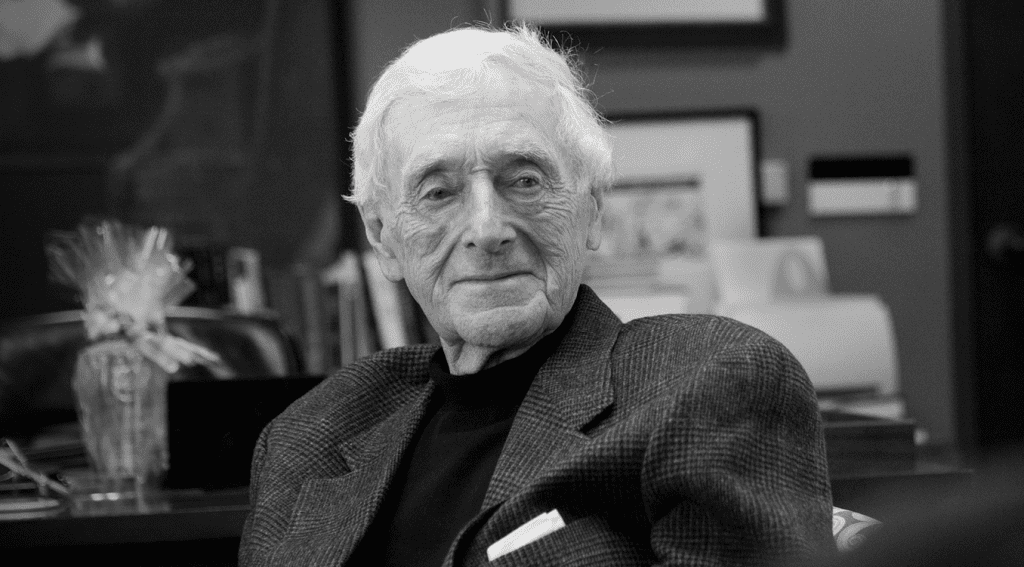
But does it really matter if something on Wikipedia is wrong? If you’re doing real research, you should be checking multiple sources. The issue now is that so many of those sources are using Wikipedia. Take the case of John Seigenthaler, an American journalist whose Wikipedia page was edited to (totally falsely) state that he is a suspected assassin who lived in the Soviet Union. It is worth noting that no government will ever plant a spy among journalists (Project Mockingbird not withstanding), clergy, and charity workers, as those 3 groups are seen as too vulnerable and often the only source of aid for people in need. This means that a journalist being accused of spying is a lot more serious than most other professions.
Other sites, such as Answers.com and Reference.com started pulling these claims and posting them on their own sites. The misinformation was only discovered when a curious colleague searched his friend’s name, and immediately phoned up. After a lot of legal fighting and arbitration, Seigenthaler got the lies taken down, but was not given the identity of the editor. An internet sleuth intervened, identifying the person who made the edits. That person was fired, and wrote an apology letter claiming to have thought Wikipedia was a joke website. In response, Seigenthaler successfully campaigned to reverse the firing.
John Seigenthaler: “Wikipedia, WikiLeaks and Wiccans: Historical Accuracy Online”
Watch this video on YouTube
Watch video of John Seigenthaler, a nationally recognized advocate for the First Amendment also known for his …https://t.co/pakROYzM5y pic.twitter.com/Axf2ivQcy2
— 1BUV Moved to _1BUV (@_1BUV_moved) September 10, 2019
Another incident in 2008 saw a number of teens add “Azid” as a synonym for “Korma”, which a Redditor later claimed was a term used to bully an Arabic classmate. The entry remained up until 2014, by which time “azid” had found its way onto thousands of sites as a genuine term. In fact, the prank was so successful that some people even claim azid has always been a synonym for korma, which just goes to show how powerful revisions can be.[4]
6 Background Actors

So considering the fact that biased people can post whatever they like without much fear of reprisal, you have to wonder who these people actually are. As already mentioned, one of the site’s saving graces is its diversity of thought, but it turns out it’s not as diverse as it could be.
One study, analyzing 250 million edits over a ten year period, found that 77% of the content comes from just 1% of the editors. With roughly 132,000 active editors, that means about 1,300 people are responsible for shaping over three quarters of one of the most used sources of information in the world.
These figures can be even more startling for the non-English language versions of the site. There is a famous example of one man, Sverker Johansson, and his bot, Lsjbot, who are responsible for creating 80-99% of articles on the Swedish, Cebuano, and Waray language versions of the site. Although their content mostly deals with geography, they were instrumental in shaping how bots are used to contribute. Even this is an issue, as the tasks bots execute are shaped by their creators biases, such as which topics to address, and how. And with so few, unaccountable people making decisions without proper consideration, the results will inevitably suffer.[5]
9 Sinister Facts About The Dark Side Of Instagram [WARNING: Disturbing]
5 Spy Vs Spy

As you would expect, pretty much all major corporations and institutions pay people to ensure that Wikipedia makes them look good. There has been no shortage of unflattering content being removed or inserted, only to be traced back to someone with a motive. Political parties such as the DNC and GOP edited their pages, and those of their rivals. In Britain, Chuka Umunna’s staff were accused of referring to him as the “British Barack Obama”, while a mysterious editor chose to use 75% of their time flattering Grant Shapps, and 25% besmirching his rivals.
Meanwhile, the CIA and FBI weighed in on such topics as Guantanamo Bay, and the war in Iraq. British Intelligence, Australian Intelligence, Israeli Intelligence, and even Swedish Intelligence have also been caught in what is known as “conflict of interest” bias on Wikipedia, employing people to make flattering edits full time.
ICYMI from 2007: The CIA and FBI edit Wikipedia to their taste https://t.co/neFsJfZq4y
— Peter Roman (@TsarKastik) November 6, 2019
Similar tactics have been confirmed in the private sector as well, with the likes of Microsoft, BP, the Koch brothers, and the Church of Scientology all using paid employees to edit Wikipedia. Maybe you feel this is something we should have already known, but with so many people being paid to edit, how many of the 1,300 top editors are genuine?[6]
4 Fundraising
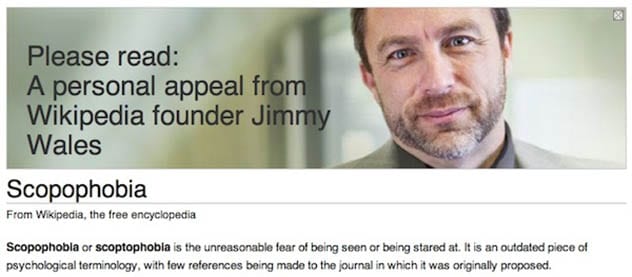
Once a year, every year, Wikipedia users will see a banner, asking them to donate in order to keep the site up and running for free. This is reasonable enough, as nobody is obliged to pay, and the site is famous for refusing to run ads. Even the fact that they have about $100 million in reserves shouldn’t raise any eyebrows, as they have to plan for unforeseen circumstances.
If you glance at the Wikimedia Fundraising Report, it looks alright. Major Donations only make up 12% of the total, which seems to suggest that big money isn’t a major issue. But it is strange that a major charity that regularly receives donations of $1 million would define “major” as over $1,000. This makes it impossible to get an accurate picture of large donations, as the average is dramatically pulled down. Only 2 major donors, Google and the Brin Wojcicki Foundation, are identified as giving over $1 million. Removing just these two makes the average donation size drop 14%. Furthermore, even though a major gift is defined as one over $1,000, smaller donations are also included, distorting the average even more.
When you look at the other information, it doesn’t get much clearer. 8% of donations come through chapters, meaning they are classed as chapter donations, even if they are large. Recurring donations have long been used as a way for companies to make donations anonymously by staying just below the threshold, and they represent another 8%. And 7% comes from the always useful category, “Other”.[7]
3 Contextual Revision

Last week, the Wuhan virus (Covid-19) had infected just one-fifth the amount of people as Spanish flu. This week, that figure has jumped to over 100%. Not because the number of coronavirus cases has suddenly skyrocketed, but because the number of people affected by Spanish flu over 100 years ago has apparently seen a very sudden and dramatic fall.
The Wikipedia entry for Spanish flu originally read “an estimated 10% to 20% of those who were infected died”. After coronavirus hit the news, it was then changed to “2-3% of those infected died”. This number does in fact come from a WHO report, but not one dedicated to Spanish flu, and it doesn’t quote a reference. Most likely, it was an error that has been seized upon, as it is the lowest “estimate” by far, meaning the coronavirus will match it sooner. This makes it possible to say that Covid-19 has killed as many people as Spanish flu in less time, and multiple news agencies now stating this as fact. This is very helpful to those who are benefiting in some way (I’m looking at you mainstream media) from Chinese flu hysteria.
— Otto von Shitpost? (@ottovonshitpost) March 13, 2020
The article still included other, unchanged claims, such that 50-100 million people died. Or that one third of the world was infected at one point. If you combine these conflicting figures and work backwards, you’ll realise that there were as many as 4 billion cases of Spanish flu, more than double the population of the Earth at the time.[8]
2 Subtle Redirection
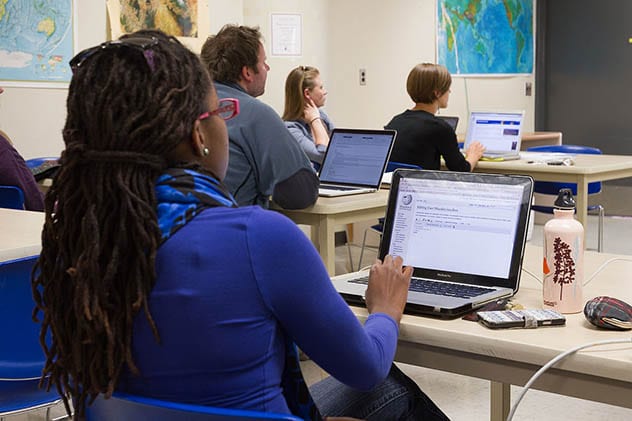
In the same way people argue that you shouldn’t believe a Tweet, people say you can’t trust Wikipedia. The issue is, people do anyway. And unfortunately, it’s not as simple as writing it off as “their problem”. In the same way that falsehoods on Wikipedia can end up on other websites, in cookbooks, or on the news, they have a huge impact on what scientific papers are written, and the information they examine.
A huge amount of scientific papers have students working on them. One of the first things a student will do when given an assignment is go to Wikipedia, get an overview, and then go from there to find better references. So the information that has been included or omitted from Wikipedia has a direct influence on scientific research before it has even begun.
This isn’t just speculation or extrapolation. A study conducted by students in MIT found that if Wikipedia covers a topic, it can influence up to 250 scientific papers on that subject. There is a direct correlation between whether something is on Wikipedia, and whether it will appear in a scientific paper. Even scientists aware of this effect can’t escape it, as it’s perfectly possible that seeking alternative sources would simply take you to one that had already been influenced.[9]
1 Outright Lies
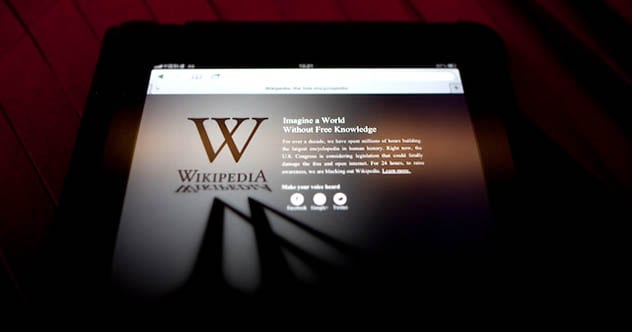
While a lot of the misinformation on Wikipedia probably comes from genuine error, different perspectives, and a desire to paint oneself in a flattering light, some of it is deliberately false. Take the case of Moose Boulder for example. You may have already heard of it being referred to as “the largest island in the largest lake on the largest island in the largest lake on the largest island in the largest lake in the world.” It took two people to not only trek to the site of the alleged island, but also trace the origin of its only known photo before anyone realised it isn’t real. How or why it was made up remains a mystery.
But these fabrications can be far more insidious than creating imaginary islands. For example, Wikipedia listed KL Warschau as a major Nazi extermination camp. In reality, it was a minor concentration camp used for forced labor. The article also claimed that 200,000 non-Jewish Poles were gassed there, bringing the total number of Poles killed to 400,000—the same amount, and method, as the Jews that perished in Poland. With this lie, it became possible to argue that the holocaust is overblown, and its really the Jews who are to blame for distorting history. The page has also been repeatedly edited to remove statistics relating to Jewish victims.
To be fair to Wikipedia, they removed the misinformation as soon as it was brought to their attention. It’s just a pity that took 15 years.[10]
Top 10 Disturbing Facts About Google








